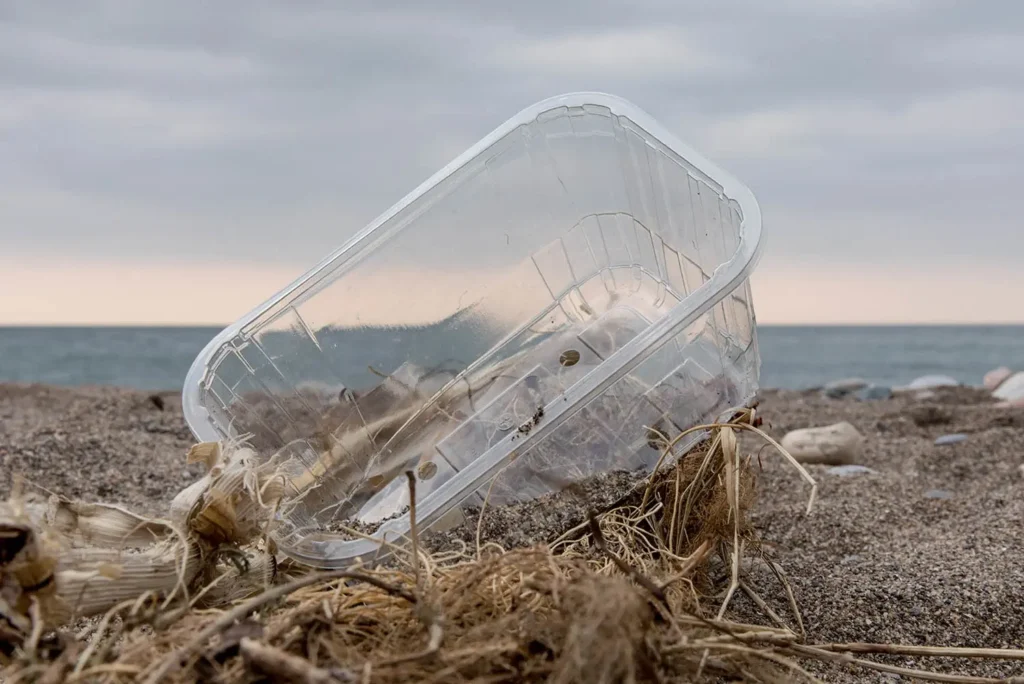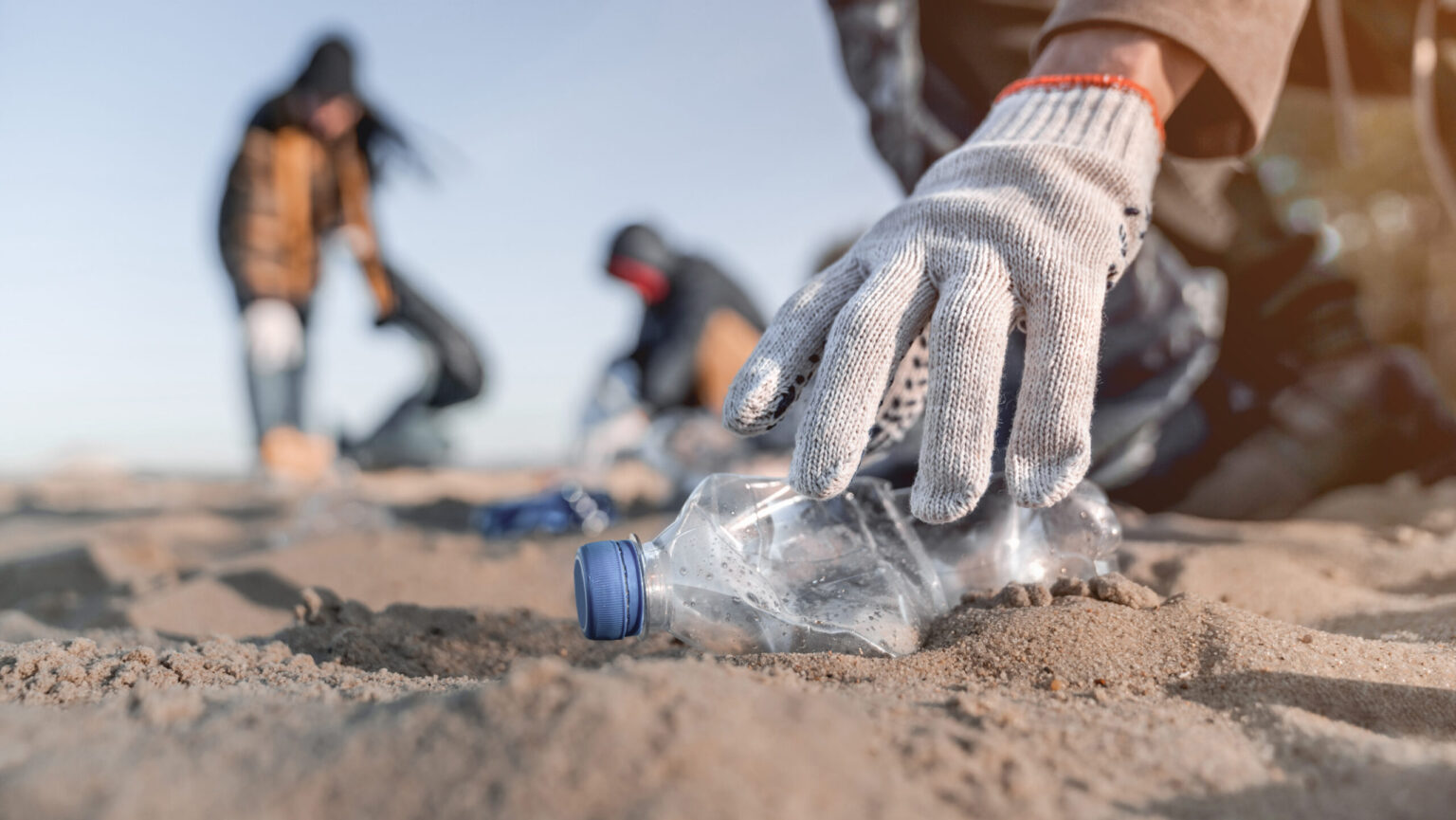Kuwait City is preparing for a major change that could reshape its environmental future. Starting this August, all government buildings in Kuwait City will officially ban the use of single-use plastics. This decision is a powerful move toward protecting the environment and supporting a cleaner, greener Kuwait.
Single-use plastics, such as plastic bags, cups, cutlery, and straws, have long been a part of daily life in many countries, including Kuwait. However, they have also caused serious environmental harm. By banning these items in government offices, Kuwait is sending a strong message about its commitment to sustainability and environmental health.
Why the Ban Matters
Plastic waste has become one of the world’s most urgent environmental issues. These items are often used for just a few minutes but can take hundreds of years to break down in nature. They end up polluting oceans, harming wildlife, and even entering the food chain.
By taking the first step to remove single-use plastics from public buildings, Kuwait is not just reducing waste but also raising awareness among its citizens. This ban encourages people to think twice before using disposable plastics and to consider eco-friendly alternatives instead.
A Government-Led Initiative
The ban will apply to all government ministries, agencies, and public institutions in Kuwait City. This includes office cafeterias, meetings, and public events held in official buildings. Plastic bags, bottles, disposable plates, cups, and utensils will no longer be allowed.

Instead, these places will be required to use reusable or biodegradable items. For example, stainless steel cutlery, reusable water bottles, and paper-based packaging will replace plastic versions.
Officials believe that by setting an example, government offices can influence other sectors, including private companies and everyday citizens, to follow the same path.
A Step Toward Bigger Change
While this policy is currently limited to government buildings in the capital, many believe it is just the beginning. Environmental groups are hopeful that similar rules will soon be applied across the entire country, including in schools, shops, and homes.
Several neighboring countries have already begun taking steps to reduce plastic use, and Kuwait’s latest move puts it on the map as a regional leader in environmental responsibility.
This decision is also aligned with global goals. The United Nations and many international environmental organizations have called for strong action to reduce plastic waste. Kuwait’s efforts could serve as a model for others in the Gulf region and beyond.
Public Awareness and Support
To support the policy, Kuwait City will launch public awareness campaigns over the coming months. These campaigns aim to educate people on the dangers of plastic pollution and provide guidance on switching to sustainable alternatives.
Workshops, school programs, and social media messages will be used to reach a wide audience. Local communities are also being encouraged to take part in clean-up activities and promote plastic-free lifestyles.

Many citizens have already welcomed the decision. Some residents say they’ve been waiting for such action and are happy to see the government take the lead. Business owners who supply eco-friendly products are also expecting a rise in demand as more people seek plastic alternatives.
Challenges Ahead
While the move is widely celebrated, there will be some challenges. One of the biggest issues will be ensuring that all government offices are ready for the transition by August. They will need time to find reliable suppliers of biodegradable and reusable items.
There will also be a need for training and policy updates to make sure all staff members understand the new rules and how to follow them.
Another challenge is the cost. Some eco-friendly alternatives are more expensive than plastic, which could raise concerns about budgets and affordability, especially for large public events.
However, government officials say the long-term benefits far outweigh the short-term costs. They believe that reducing plastic waste will eventually save money on waste management, public health, and environmental clean-up.
A Greener Vision for the Future
Kuwait City’s ban on single-use plastics is more than just a policy—it’s a vision for a healthier, more sustainable future. It shows that bold decisions can make a real difference when it comes to protecting our environment.
As the August deadline approaches, all eyes will be on Kuwait to see how the new rules are put into practice. If successful, this initiative could inspire other cities and countries to take similar steps and work together to fight plastic pollution.
Also read: Qatar’s Cow Peas Imports Experience Significant Decline in 2022



